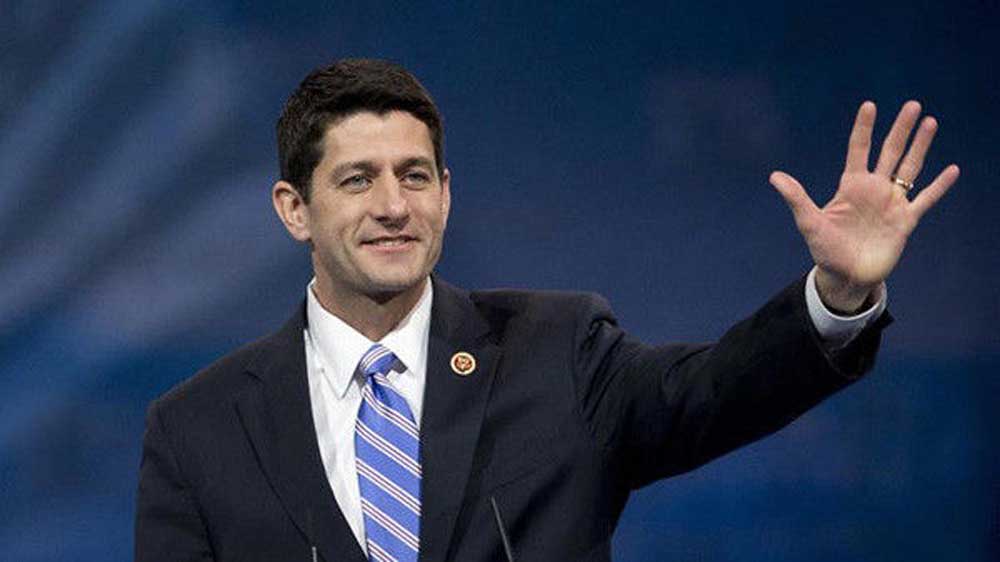Ryan understands the poor need hope
Published 11:31 pm Tuesday, July 29, 2014

- Courtesy Paul Ryan
The fundamental difference between Rep. Paul Ryan, who has proposed new anti-poverty initiatives, and his detractors is one of definitions. Just what is poverty? Ryan sees it as a condition of having no power. His opponents see it as a condition of having no cash.
Paul’s proposals include having the poor meet with caseworkers (public sector or private sector) to help them chart a route out of poverty. Paul’s detractors say that’s too paternalistic.
“Poverty is a very complex problem,” Paul said recently. “Each person has a different unique circumstance and need yet the federal government treats it all the same. The vision is to customize a person’s need to focus on getting them from where they are to where they want to be, which is a good job and a good career. By having local casework management, a person working with this individual customizes the aid to meet their need, so that they can get their life back on track. Maybe this person needs healthcare and transportation assistance or maybe they need more skills training and education. Customizing helps them get with their plan and get their life back on track.”
That set off some alarm bells for Slate magazine’s Jamelle Bouie.
“Even for conservatives — who champion welfare drug tests and robust work requirements — this is breathtakingly paternalistic,” he writes. “It’s a noble and compassionate approach to anti-poverty efforts. It’s also wrongheaded. The idea that life skills are necessary to climb out of poverty — that the poor are plagued by low income and bad habits — doesn’t jibe with the facts on the ground.”
Bouie said that poverty isn’t generational and stubborn, that many Americans will find themselves unemployed and in need of some stopgap help at some point in their lives.
“The best way to confront this problem for most people is to just address those needs,” he said. “Yes, on the margins, there will be Americans who need an intensive approach, and I endorse government support for voluntary life coaching. But by and large, the easiest solution is to mail larger checks to more people.”
But that’s a misunderstanding of just what poverty is.
A far better definition of poverty is offered by Steve Corbett and Brian Fikkert, in their book “When Helping Hurts.”
“While poor people mention having a lack of material things, they tend to describe their condition in far more psychological and social terms…” the authors explain. “Poor people typically talk in terms of shame, inferiority, powerlessness, humiliation, fear, hopelessness, depression, social isolation and voicelessness. Low-income people daily face a struggle to survive that creates feelings of helplessness, anxiety, suffocation and separation that are simply unparalleled in the lives of the rest of humanity.”
The poor lack many intangible things many of the rest of us take for granted. And many of those things are derived from self-sufficiency. Mailing people “larger checks” doesn’t address the inner struggles faced by the poor.
Ryan and his critics have the same goal — to reduce poverty.
But to reduce it, we must first understand it.







